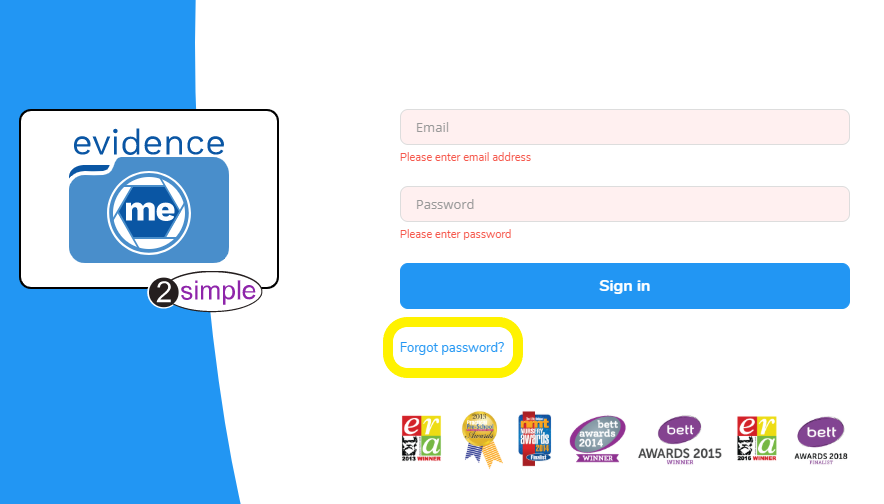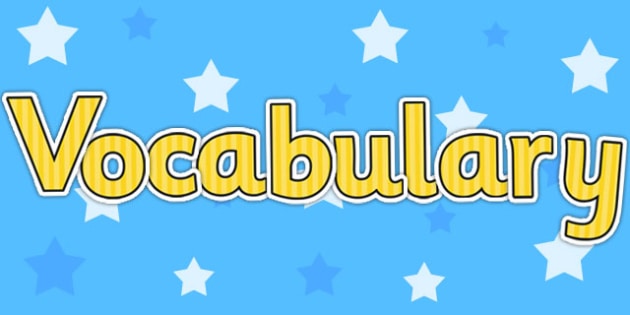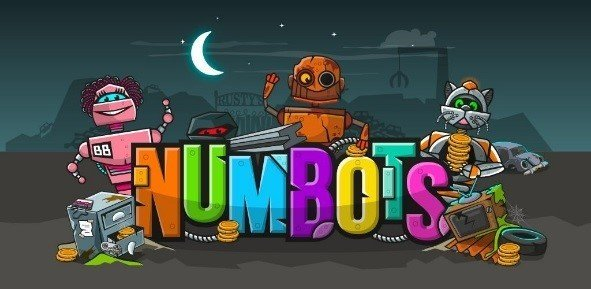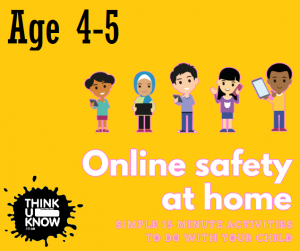Welcome to Reception B

Teacher: Mrs Bell
Teaching Assistant: Miss Murphy
SEND Support:
Miss Clair
Miss Fitzpatrick (Tuesdays)
Housekeeping
On your child’s first day he/she will start school at 9.30am. You are asked to bring him/her straight to class (Reception B’s glass doors leading into the outdoor area with the green playground) where you will be able to help them to settle in for their first day of school.
From then on your child will begin school at 8.45am. Please ensure that your child arrives to school on time as their educational day begins at 8.45am.
The school day finishes at 3.20pm. Children will leave through the same doors they came in through (Reception B’s glass doors leading into the outdoor area with the green playground).
Please ensure your child’s coat as well as all of their uniform is labelled clearly with their name (this can be done with iron on/stick on labels or with a permanent marker or pen).
P.E. is every Wednesday, please ensure that your child is dressed in their PE kit on this day. Again please ensure that everything is clearly labelled with your child’s name.
For snack, your child will be provided with a free carton of milk and piece of fruit daily. You are asked to provide your child with a water bottle which they can drink from throughout the day. Please ensure water bottles are labelled clearly with your child’s name. Water bottles must contain water – no juice or fizzy drinks.
For lunch, all children from Reception to Year 2 are entitled to a free healthy school meal. Weekly menus are displayed on our school webpage and on our food supplier’s website: FFT Primary Menu (foodforthoughtschools.co.uk)
If you prefer, a healthy packed lunch can be brought from home instead.
Reception‘s Learning Journey
Our curriculum map details the objectives we will be working on as your child progresses through the year.
Please see the link below for more information on What to expect in the Early Years Foundation Stage and how your child’s development can be supported both at home and in school.
What to Expect in the Early Years

You can get involved with Reception’s adventures on our Twitter Page.
Reception Newsletters
You can keep up to date with our newsletters which include guidance on supporting your child’s learning at home.
 Evidence Me Help for Parents – Help Centre
Evidence Me Help for Parents – Help Centre
You can engage with your child’s individual learning journey through ‘Evidence Me’; an online platform for sharing observations of your child’s learning and development.
Your child’s wellbeing is at the core of our curriculum. Through our ROAR Response whole-school programme, we will be promoting your child’s mental health through supporting them to show resilience and perseverance in the face of challenge.
At the start of each day, your child will choose where to place their name on the Roar rainbow. This starts the day with a focus on feelings from which we can support the children to observe and regulate their emotions throughout the day.
Supporting Your Child‘s Learning at Home

Words of the Week
We are broadening our vocabulary by learning 3 new words every week. Your child does not need to be able to read or write these words. Instead your child will be learning to use these words in conversation. You can support your child to build their vocabulary by discussing the meaning of new words and encouraging your child to use their growing bank of vocabulary in conversation.

Library Books
Each week your child will have the opportunity to bring home a book from our class library. These library books are for you and your child to share and enjoy together.
There are a wide variety of fictional books, information books, rhyming and wordless picture books for your child to choose from.
Please write a comment in your child’s reading record detailing their experience of the books that they take home.
There is no set day for your child to change his/her library book. You can bring it back to school when you have finished with it and your child can choose another book to take home that same day.
We love to read in our school and believe,
‘The more that your read, the more things you will know.
The more that you learn, the more places you’ll go’.
A child
A book
A read
A chat
That is the way the mind grows,
Not with a test, but a tale….
Michael Rosen

Phonics at Home
As your child progresses through Read Write Inc phonics, they will take learning support materials home including QR codes (related to the sounds and words they are learning) and books (reflecting their current phonic knowledge and skills). Phonic books include the following:
Storybooks: Each week your child will take home a copy of the storybook they have just read at school. Re-reading familiar stories helps to improve your child’s fluency and comprehension.
Book Bag Books: These books are matched to the storybooks your child has read in school. They are used for extra practice.
For more information about how we teach Phonics in school and how you can support your child at home please Click here for the Phonics Page
Phonics Homework Set 1 Week 10
Phonics homework is grouped, with each group learning their target Set 1 sounds together with learning to orally blend or blending to read their focus words.

Mathematics at Home
The teaching and learning of maths in Reception is supported by Whiterose Maths. Numbots is an online programme used to support children’s developing understanding of number at home. It is a curriculum-inspired programme that adopts the best teaching practises to take children from counting on their fingers, to adding and subtracting two digit numbers. The programme is primarily aimed at children between 5-7 years old.
The programme is personalised, every child is provided with unique login details to enable them to move through the programme at their own pace. Numbots compliments what your child is learning in school and focusses on securing any gaps in their knowledge, before moving them onto the next challenge.
We recommend playing for at least 3 minutes a day, 4 or 5 days a week. NumBots is available to play via the website or mobile app, so your child will be able to learn maths at home or on-the-go, whichever suits your family. As your child will be using an electronic device to access this learning platform, it is important to put measures in place to keep your child safe online.
Online Safety
Thinkuknow is an education programme from NCA-CEOP, a UK organisation which protects children both online and offline.
The Thinkuknow website offers advice about how to keep your child safe when they’re playing on a phone, tablet or computer. As well as advice, the website also offers a series of short age-appropriate online safety activities for you to work on with your child.
Thinkuknow Parents Support Tools – home activity worksheets, early-years



